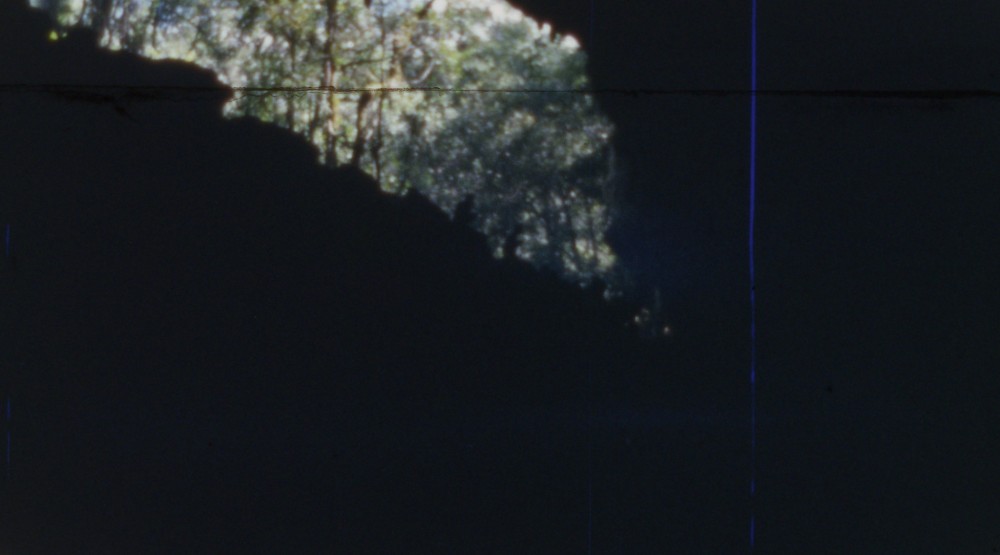SIEF2021 15th Congress
Helsinki, Finland
19-24 June 2021
Breaking the rules? Power, participation, transgression
SIEF2021 - Audio/visual programme
< SIEF2021 Thematic structure Grid List
Convenors: Anna Lisa Ramella (University of Cologne), Roger Norum (University of Oulu)
Audio/Visual Programme Selection Committee: Peter Crawford (University of Tromsø), Tom Dubois (University of Wisconsin Madison), Lotta Petronella (Independent filmmaker), Itsushi Kawase (National Museum of Ethnology, Osaka), Steffen Köhn (Freie Universität Berlin), Andy Lawrence (University of Manchester and filmmakingforfieldwork.co.uk), Fabian Lüke (University of Cologne), Moira Marklewitz (University of Cologne), Martin Saxer (Ludwig-Maximilians-University Munich), Anna-Céline Schäfer (University of Cologne), Theo Zerries (University of Cologne)
SESSION: Showing the Invisible
Wednesday 23 June
Roundtable discussion on this topic: 14:00-15:45
Expedition Content

In 1961, filmmaker Robert Gardner organized the Harvard Peabody Expedition to Netherlands New Guinea (current day West Papua). Funded by the Dutch colonial government and private donations, and consisting of several of the wealthiest members of American society wielding 16mm film cameras, still photographic cameras, reel-to-reel tape recorders, and a microphone, the expedition settled for five months in the Baliem Valley, among the Hubula (also known as Dani) people. It resulted in Gardner's highly influential film Dead Birds, two books of photographs, Peter Matthiessen's book Under the Mountain Wall, and two ethnographic monographs. Michael Rockefeller, a fourth-generation member of the Rockefeller (Standard Oil) family, was tasked with taking pictures and recording sound in and around the Hubula world. Expedition Content is an augmented sound work composed from the archive’s 37 hours of tape which document the strange encounter between the expedition and the Hubula people. The piece reflects on intertwined and complex historical moments in the development of approaches to multimodal anthropology, in the lives of the Hubula and of Michael, and in the ongoing history of colonialism in West Papua.
Delegate-only link:











